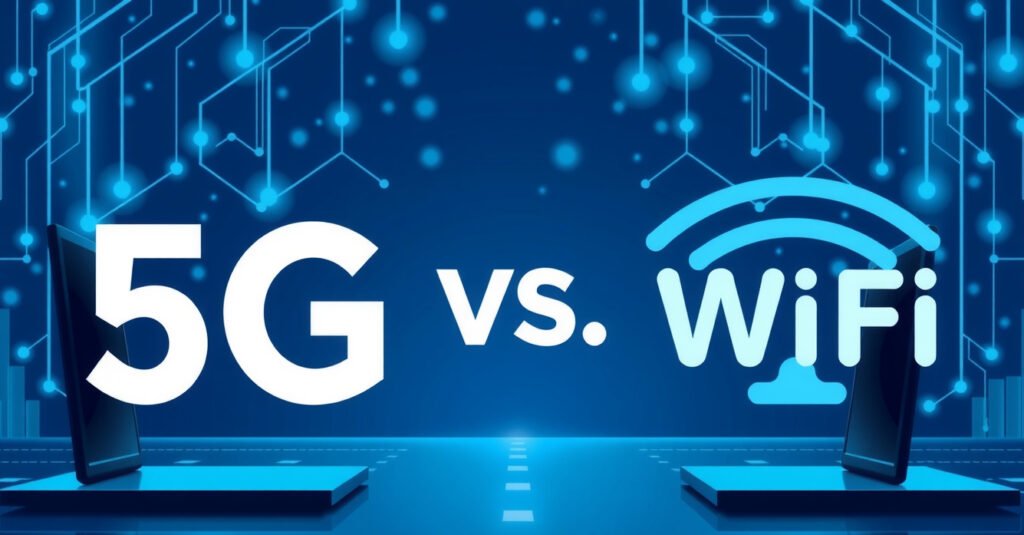The Rise of AI-Powered Personal Assistants: Transforming Daily Life and Beyond
In the age of rapid technological advancement, AI-powered personal assistants have emerged as one of the most transformative innovations. From setting reminders to controlling smart homes, these digital companions—like Siri, Alexa, Google Assistant, and newer entrants like ChatGPT—are redefining how humans interact with technology. This article explores the evolution, impact, challenges, and future of AI-driven assistants in our lives.
From Simple Tools to Intelligent Companions
The journey of AI-powered assistants began with rudimentary voice recognition systems in the early 2000s. However, advancements in natural language processing (NLP), machine learning (ML), and neural networks have catapulted these tools into sophisticated entities capable of understanding context, predicting needs, and even exhibiting emotional intelligence.
For instance, early versions of Siri (2011) could answer basic queries, but today’s assistants analyze user behavior to suggest personalized routines, automate tasks, and integrate with third-party apps. The shift from reactive to proactive assistance marks a leap toward truly intelligent systems.
The Technology Behind the Magic
AI personal assistants rely on three core technologies:
- Natural Language Processing (NLP): Enables machines to comprehend and generate human language.
- Machine Learning: Allows systems to learn from user interactions and improve over time.
- Cloud Computing: Provides the computational power to process vast datasets in real-time.
For example, when you ask Alexa, “What’s the weather today?”, NLP breaks down the query, ML cross-references location data and past behavior, and cloud servers deliver an instant response.
Impact on Daily Life
- Productivity Boost: Automating tasks like scheduling, email sorting, and meeting reminders frees up time for users.
- Smart Home Integration: Voice-controlled lighting, thermostats, and security systems create seamless living experiences.
- Healthcare Support: AI assistants now monitor health metrics, remind patients to take medication, and even provide mental health support via apps like Woebot.
- Accessibility: Voice-first technology empowers individuals with disabilities, offering hands-free control over devices.
According to Statista, the global smart speaker market (a key platform for AI assistants) is projected to reach $35.5 billion by 2025, underscoring their widespread adoption.
Challenges and Ethical Concerns
Despite their benefits, AI assistants raise critical questions:
- Privacy Risks: Always-on microphones and data collection spark fears of unauthorized surveillance.
- Bias and Accuracy: Training data limitations can lead to errors or cultural insensitivity in responses.
- Job Displacement: Automation threatens roles in customer service and administrative sectors.
- Over-Reliance: Excessive dependence on AI may erode critical thinking and decision-making skills.
Regulations like the EU’s GDPR aim to address data privacy, but ethical AI development remains a work in progress.
The Future: Hyper-Personalization and Beyond
The next generation of AI assistants will likely focus on:
- Emotional Intelligence: Detecting user moods through voice tone and adapting responses.
- Cross-Platform Integration: Unified assistants managing work, health, and entertainment ecosystems.
- Augmented Reality (AR) Pairing: Imagine glasses with AI guides overlaying real-time info onto your surroundings.
- Decentralized AI: Reducing reliance on cloud servers for faster, more private processing.
Companies like OpenAI and Google are already experimenting with multimodal assistants that combine text, voice, and visual inputs.
Conclusion
AI-powered personal assistants are no longer sci-fi fantasies—they’re woven into the fabric of modern life. While they offer unparalleled convenience, their rise demands careful navigation of ethical, security, and societal implications. As technology evolves, striking a balance between innovation and responsibility will determine whether these tools remain helpful aides or become unintended adversaries.
The future is not about humans versus machines, but humans empowered by machines. And in that partnership, AI assistants are poised to play a starring role.





